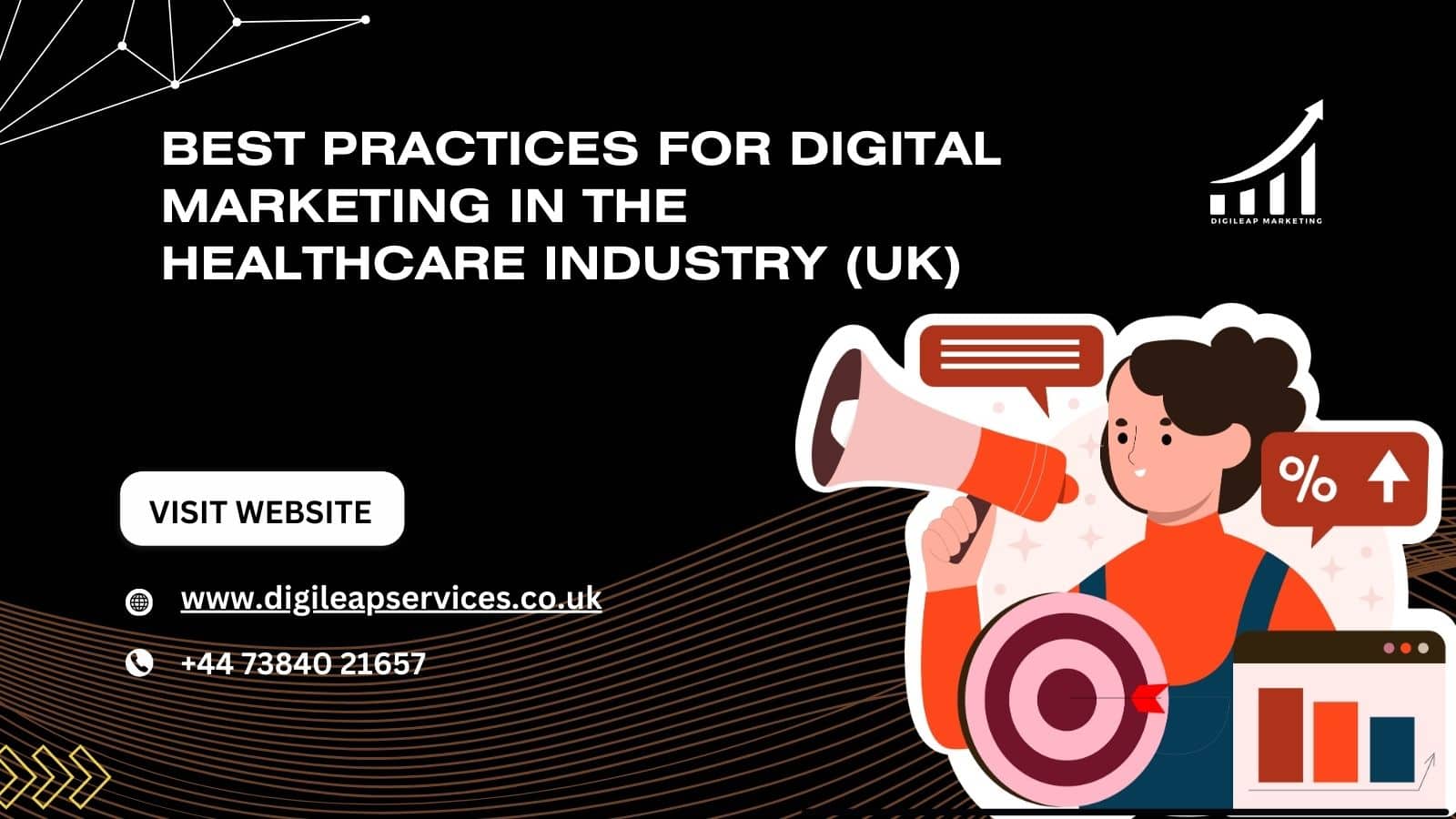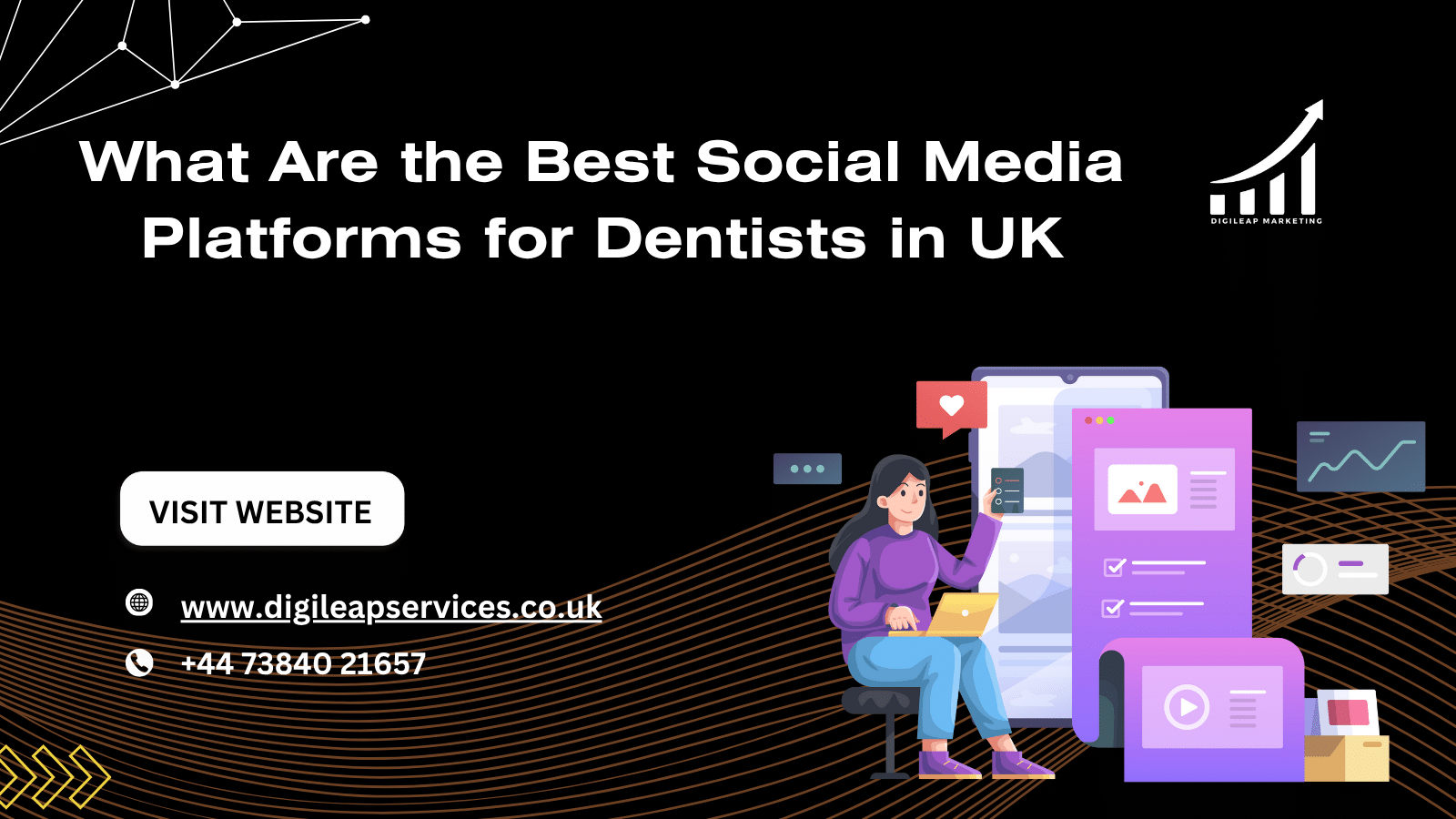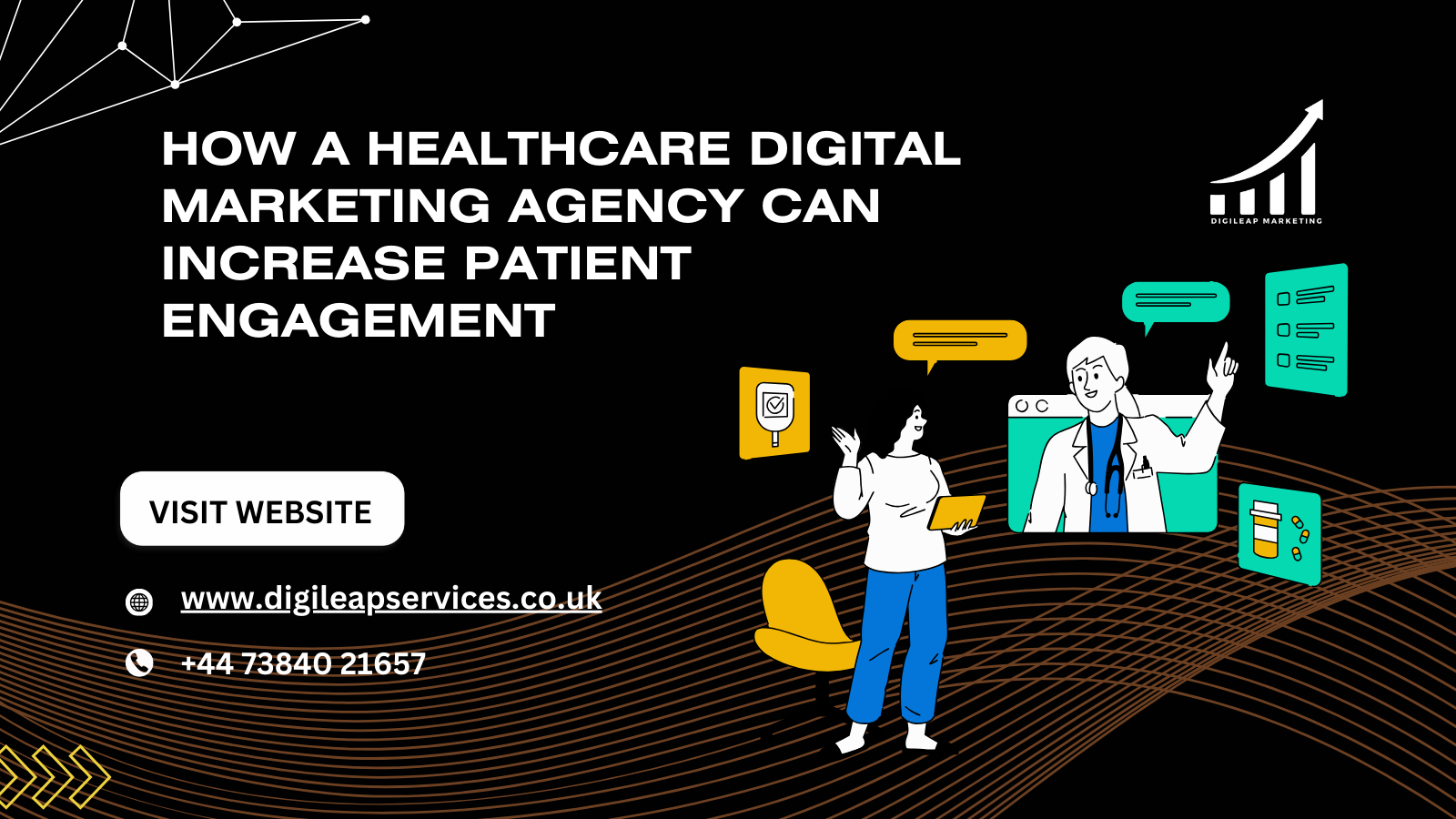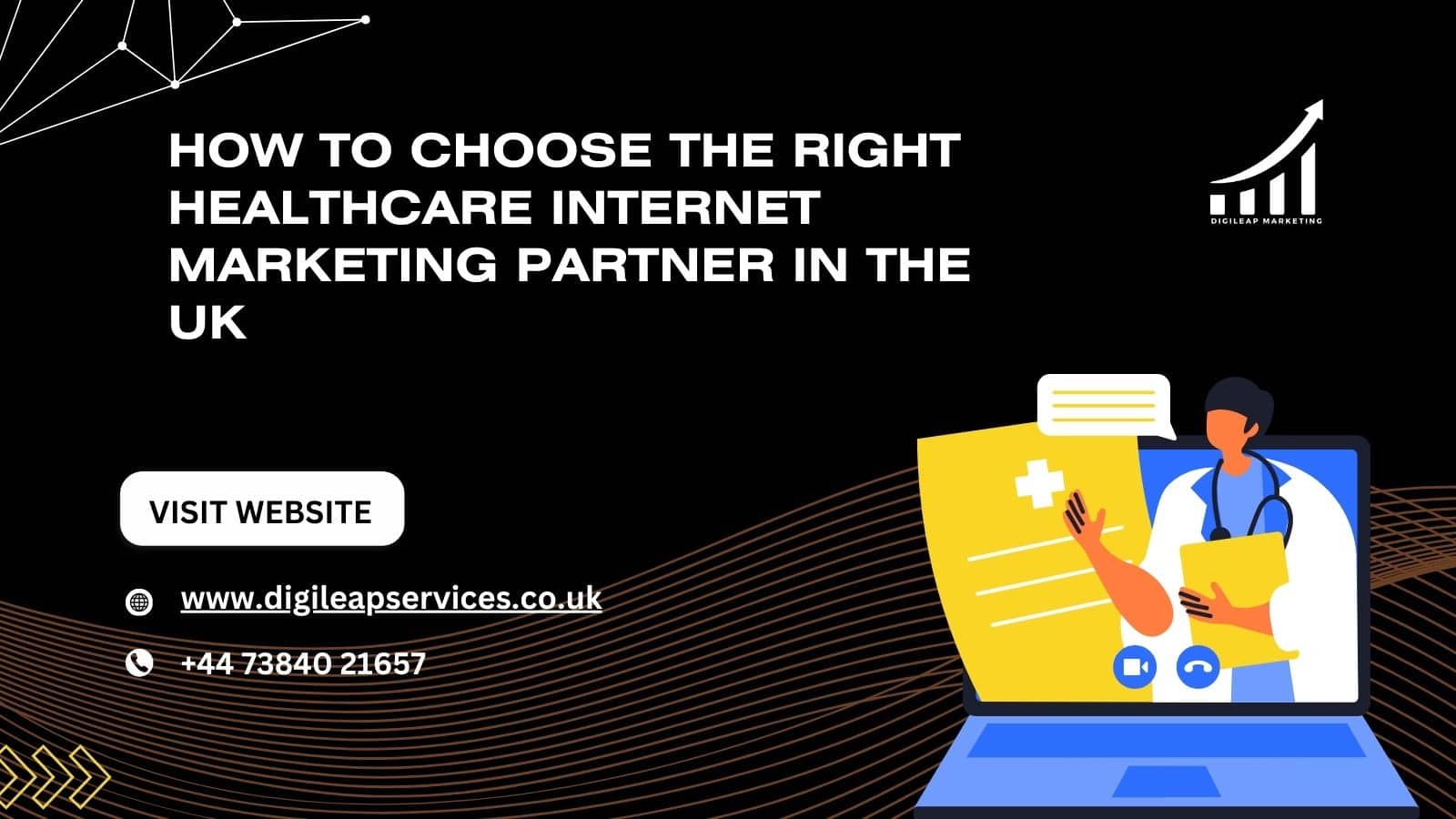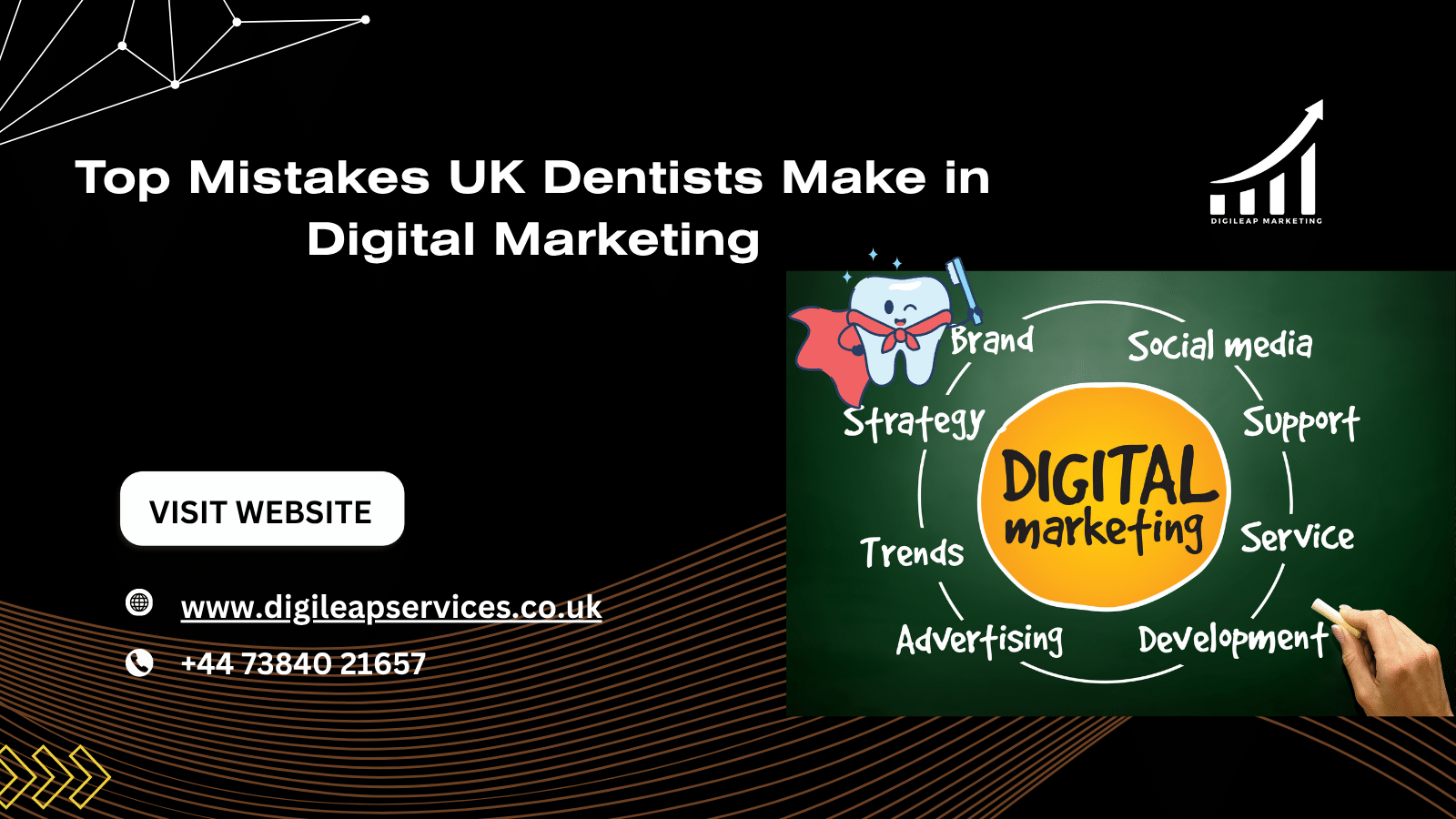Best Practices for Digital Marketing in the Healthcare Industry (UK)
Let’s Face It—People Google Before They Call
If you’re running a clinic, dental practice, or any kind of healthcare service in the UK, you’ve probably noticed a shift. Fewer people are calling to ask questions. They’re going online first—scrolling through reviews, reading up on treatments, comparing your services with the guy down the road.
And if your online presence isn’t clear, fast, and trustworthy? They’ll move on.
According to Statista, over 72% of internet users in the UK now search for health information online. That includes everything from “private dentist near me” to “is chest pain always serious?”
So the big question is: how do you stand out when everyone’s just a few taps away?
Here’s a guide to the real-world best practices for digital marketing in the healthcare industry—without sounding salesy, stiff, or robotic.
1. Build Trust Before You Pitch
Let’s be real—trust is the currency of healthcare. Before someone walks into your clinic, they need to believe you’ll take care of them. That belief starts online.
Use Real People, Not Stock Models
Instead of that same tired photo of a smiling doctor with folded arms—try sharing a 30-second clip of a real patient. Not polished. Not rehearsed. Just honest.
“They really listened to me. I didn’t feel rushed for once.” – Hannah, actual patient
These kinds of moments—authentic, a bit imperfect—connect way deeper than fancy banners.
Talk Like a Person, Not a Brochure
No one says “non-invasive facial rejuvenation protocol” in real life. Just call it what it is—a skin treatment that makes you look fresher, no needles, no stress.
The rule? If a 14-year-old can’t understand it, simplify it.
Create Blogs That Answer Real Questions
Still think blogging is dead? Think again. Blogs that genuinely answer people’s fears or curiosities rank high on Google.
A few post ideas:
- “How to tell if your mole is serious”
- “Why back pain comes and goes”
- “What to expect on your first physio visit”
Just make sure to sprinkle in bold keywords like “private GP in Leeds” or “child-friendly dentist in London”—but keep it sounding natural.
📊 Clinics that blog regularly see 67% more monthly leads, per HubSpot.
2. Meet Patients Where They Already Are—On Their Phones
Here’s the truth: most patients will visit your site from their phone. Maybe while on the bus. Or during lunch. It has to work—fast.
Make Mobile Your Home Base
Your mobile site needs to:
- Load in under 3 seconds
- Show clear services and pricing
- Have one-click booking
If not? People will bounce.
Use Google’s Mobile Test Tool to see how your site holds up.
Post Short Videos, Not Just Text
Let’s be honest—most folks don’t read entire web pages. But they will watch a short video that pops up on Instagram or TikTok.
Ideas?
“3 signs your child might need braces”
“Do you really need yearly eye checks?”
“Foods that can trigger migraines”
Even 15 seconds can build trust and make someone go, “You know what? I like this place.”
Think Voice, Not Just Text
“Alexa, find a skin clinic near me.”
“Siri, book a GP in my area.”
Sound familiar? More and more people are searching by voice.
To show up in those results, use natural language in your website’s FAQ and headings. Also, update your Google Business Profile—it helps with voice and map listings.
3. Use Reviews, Ads & SEO (But Make It Feel Human)
Marketing doesn’t have to be manipulative. If it’s done with care, it builds comfort.
Don’t Just Hope for Reviews—Ask for Them
A polite follow-up message like,
“Thanks for visiting! If we helped, would you leave a quick Google review?”
can make a big difference.
According to Statista, over 54% of UK users trust healthcare reviews more than official websites.
That’s wild, right?
Keep Ads Local & Specific
Generic ads? Waste of money. Try hyper-specific messages like:
- “Need a female GP near Camden? Book today.”
- “Teeth cleaning £40 in Newcastle. No waitlist.”
- Use Google Ads or Meta Ads with filters by age, location, even interests.
Digileap helps clinics run these ads while staying compliant with ASA and NHS rules—so you don’t accidentally get flagged.
Optimise Your Local Listings
Your Google Business Profile should include:
- Accurate hours
- Real photos (your staff, not stock)
- Clear service categories like “Allergy Testing” or “Pediatric Care”
Also, list your practice on Doctify, TopDoctors, and WhatClinic. These sites send patients your way and boost SEO.
4. What’s Actually Trending in 2025 (And Working)
Let’s cut the fluff. If you want to stand out now, you’ve got to lean into what’s fresh.
Friendly Chatbots That Help, Not Annoy
Patients hate waiting. A simple chatbot on your site can help with:
- Appointment slots
- Location directions
- Pricing questions
Just keep it human. Give it a name like “Nurse Maya” instead of “Support Bot 5.0”. Add emoji if it fits your vibe.
Statista reports 43% of healthcare sites now use chatbots, and satisfaction is rising.
Partner with Local Micro-Influencers
We’re not talking celebs. We mean local gym trainers, mom bloggers, or wellness creators with a small but loyal following.
If they mention your clinic in a story or post (“Loved my skin treatment today at…”), it builds instant trust with people in your area.
Just remember to follow GMC and ASA rules—always disclose.
Post About Wellness, Not Just Problems
Most clinics talk about disease. But today’s patients also want to stay well.
Try blog topics like:
- “Easy ways to improve gut health”
- “Natural sleep hacks that actually work”
- “Cold therapy: myth or miracle?”
It’s all about showing you care about their whole life, not just fixing what’s broken.
TL;DR – The Good Stuff in a Nutshell
Be human online—real photos, real stories, plain English.
Mobile matters. Your site should work fast, look great, and book in seconds.
Get found with SEO, reviews, and location ads.
Try 2025 trends: chatbots, micro-influencers, and wellness content.
Final Word
Digital marketing in healthcare doesn’t have to feel pushy. In fact, when done well, it’s just… helpful.
You’re guiding people to feel better, find answers, and maybe even feel seen for the first time.
That’s what we focus on at Digileap. Real results and patients. Real trust.
And hey—if your digital marketing actually feels human, that’s half the battle won.

